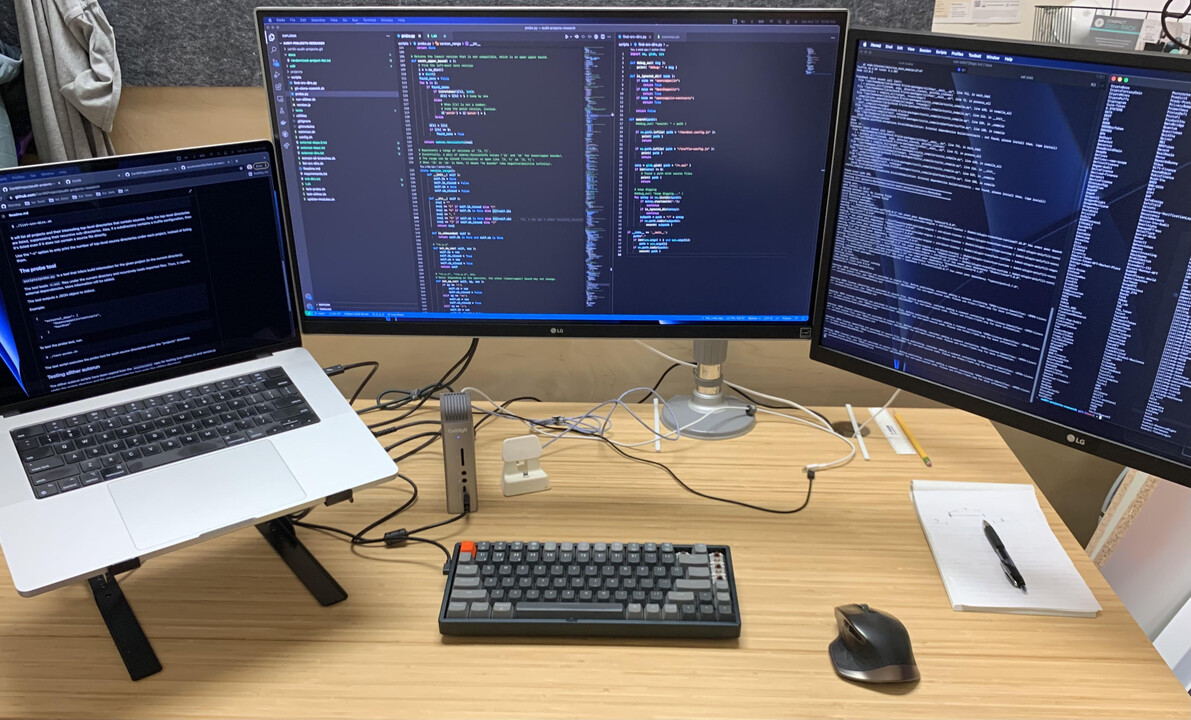Why You Need Docker Alternatives on MacOS
If you’ve been using Docker on MacOS, you’ve probably encountered performance bottlenecks, compatibility issues, or licensing constraints that make it less than ideal. While Docker remains a powerful tool, its heavy resource usage and limitations on non-Linux systems have driven developers to seek alternatives. This post explores the best Docker alternatives for MacOS and their key advantages.
1. Podman
What is Podman?
Podman is a daemonless container engine designed for simplicity and security. Unlike Docker, it doesn’t require a running daemon, which reduces system resource usage and eliminates a single point of failure.
Why Choose Podman on MacOS?
Rootless container support enhances security.
Compatibility with Docker commands makes transitioning seamless.
Open-source and free of licensing headaches.
Key Limitation: Requires additional setup for MacOS since it’s optimized for Linux.
2. Rancher Desktop
What is Rancher Desktop?
Built for container management and Kubernetes, Rancher Desktop offers an intuitive GUI for managing containers locally.
Why Choose Rancher Desktop?
Integrated Kubernetes support for streamlined DevOps workflows.
Easy container runtime management.
Ideal for users who want a Docker Desktop replacement.
Key Limitation: Slightly higher learning curve for Kubernetes newcomers.
3. Colima
What is Colima?
Colima (Containers on Lima) is a lightweight solution that leverages the Lima VM framework to run containerized workloads.
Why Choose Colima on MacOS?
Minimal setup and efficient resource utilization.
Supports Docker CLI, ensuring compatibility.
Optimized for Mac’s hardware, leading to better performance.
Key Limitation: Limited community support compared to Docker.
4. VirtualBox with Vagrant
What is VirtualBox with Vagrant?
A classic combo, VirtualBox paired with Vagrant enables developers to create and manage virtual machines efficiently.
Why Choose VirtualBox and Vagrant?
Highly customizable for diverse development environments.
Works seamlessly with provisioning tools.
No resource-intensive processes running in the background.
Key Limitation: Not a true container solution, so it’s heavier than other options.
5. Minikube
What is Minikube?
Minikube is a local Kubernetes implementation that allows developers to run clusters on their laptops.
Why Choose Minikube on MacOS?
Perfect for Kubernetes developers.
Offers container runtime support for Docker alternatives like CRI-O.
Open-source and widely documented.
Key Limitation: Requires Kubernetes knowledge for effective usage.
Final Thoughts
Finding the best Docker alternative depends on your specific workflow, system requirements, and long-term development goals. If you prioritize security and rootless containers, Podman is an excellent choice. For integrated Kubernetes workflows, Rancher Desktop or Minikube might be your go-to. On the other hand, developers who value simplicity and compatibility should consider Colima or VirtualBox with Vagrant.
Experiment with these tools to find the perfect fit for your MacOS development environment and take your containerization game to the next level!
Share this:
- Click to share on Facebook (Opens in new window) Facebook
- Click to share on X (Opens in new window) X
- Click to share on LinkedIn (Opens in new window) LinkedIn
- Click to share on Reddit (Opens in new window) Reddit
- Click to share on Pinterest (Opens in new window) Pinterest
- Click to share on Pocket (Opens in new window) Pocket
- Click to share on WhatsApp (Opens in new window) WhatsApp
- Click to email a link to a friend (Opens in new window) Email


